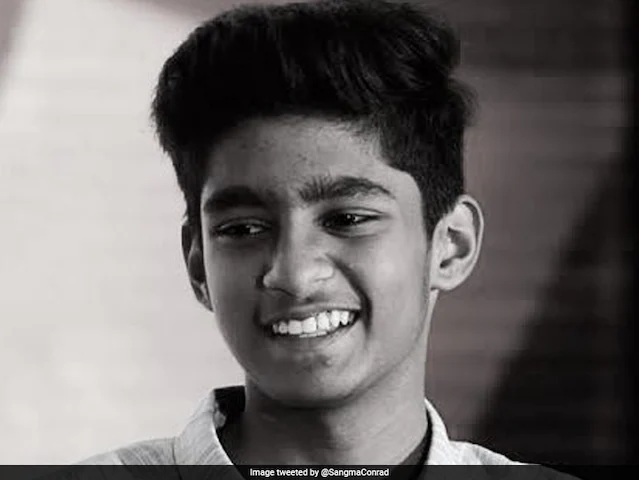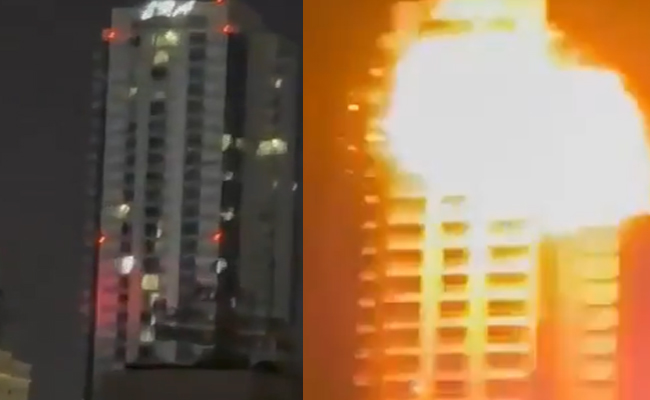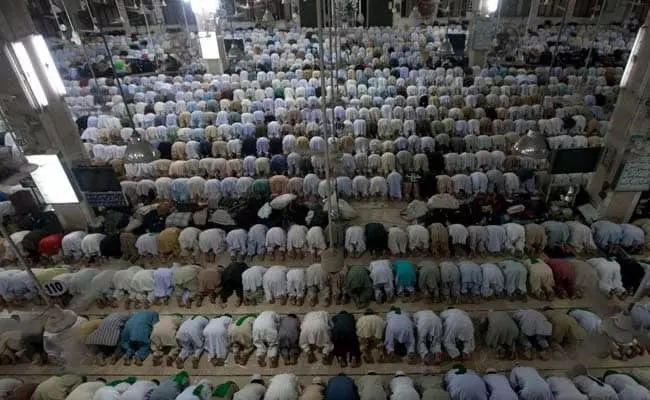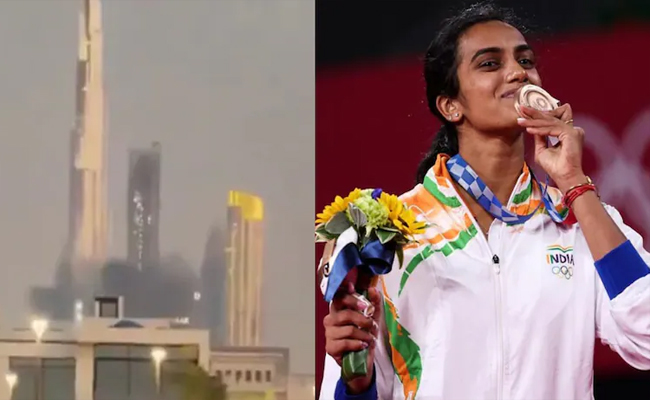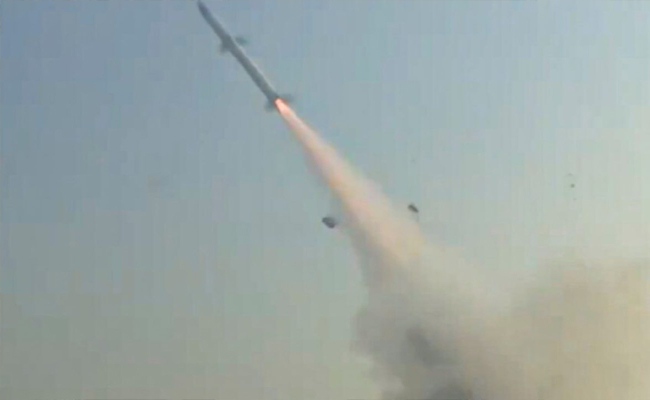Shillong, Apr 17: Promising Indian table tennis player Vishwa Deenadayalan of Tamil Nadu, who was on his way to Shillong to participate in the 83rd Senior National and Inter-State Championships, died in a road accident on Sunday.
Deenadayalan was 18.
He was travelling in a car along with his three teammates from Guwahati to Shillong when a 12-wheel trailer, coming from the opposite direction, ploughed through the road divider and hit the vehicle at Shangbangla and plunged into the gorge.
According to a release issued by the Table Tennis Federation of India (TTFI), the driver died on the spot, while Deenadayalan was declared brought dead by the doctors of Nongpoh Civil Hospital.
His teammates -- Ramesh Santosh Kumar, Abinash Prasannaji Srinivasan and Kishore Kumar -- suffered severe injuries but are currently stable.
The organisers of the championships had rushed them to the North Eastern Indira Gandhi Regional Institute of Health and Medical Sciences (NEIGRIHMS) in Shillong for critical care.
"The team of doctors attending to them said the boys were stable," the release said.
Deenadayalan's father and two of his family members will be arriving in Guwahati tonight and his embalmed body will be flown to Chennai on Monday morning.
Deenadayalan, a promising player with several national ranking titles and international medals to his credit, was to represent India at the WTT Youth Contender at Linz, Austria, from April 27.
A product of Krishnaswamy TT Club in Anna Nagar, he had come in for praise from none other than Sharath Kamal.
Deenadayalan's transition from cadet and sub-junior to junior section was steady. He had won the cadet and sub-junior national titles also.
The B.Com student of Loyola College won the Under-19 Boys title during the Dehra Dun National Ranking Tournament this January.
Let the Truth be known. If you read VB and like VB, please be a VB Supporter and Help us deliver the Truth to one and all.
Manama: A video circulating on social media showing a drone striking a building in Manama, the capital of Bahrain, has been verified by Al Jazeera, confirming its authenticity.
Earlier, the news network, citing Bahrain’s Interior Ministry, had reported that several residential buildings were targeted in the incident.
The verified footage shows an Iranian drone hitting a tower in Manama.
A loud explosion is heard at the moment of impact, followed by a large fire and thick plumes of smoke billowing from the building.
🚨 #BREAKING | Iranian Shahed kamikaze drone struck a building near the US Navy’s 5th Fleet headquarters in Bahrain!
— Bricx News (@BricxNews) February 28, 2026
Retaliation for US-Israel strikes on Iran. Footage shows the direct hit in Manama.
Situation escalating fast in the Gulf...#Iran #Bahrain #USNavy #MiddleEast pic.twitter.com/VvlrRnE8R3

